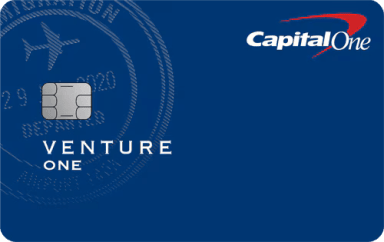Consumers typically need good or excellent credit to qualify for the best travel credit card offers, and those who are eligible have plenty of research to do.
For example, most need to decide on the type of travel rewards credit card they want, including whether they want flexible travel points, rewards for hotels or airline miles. They should also compare cards based on their benefits, which could include elite status with hotels, airport lounge access, annual travel credits, no annual fees and more.











